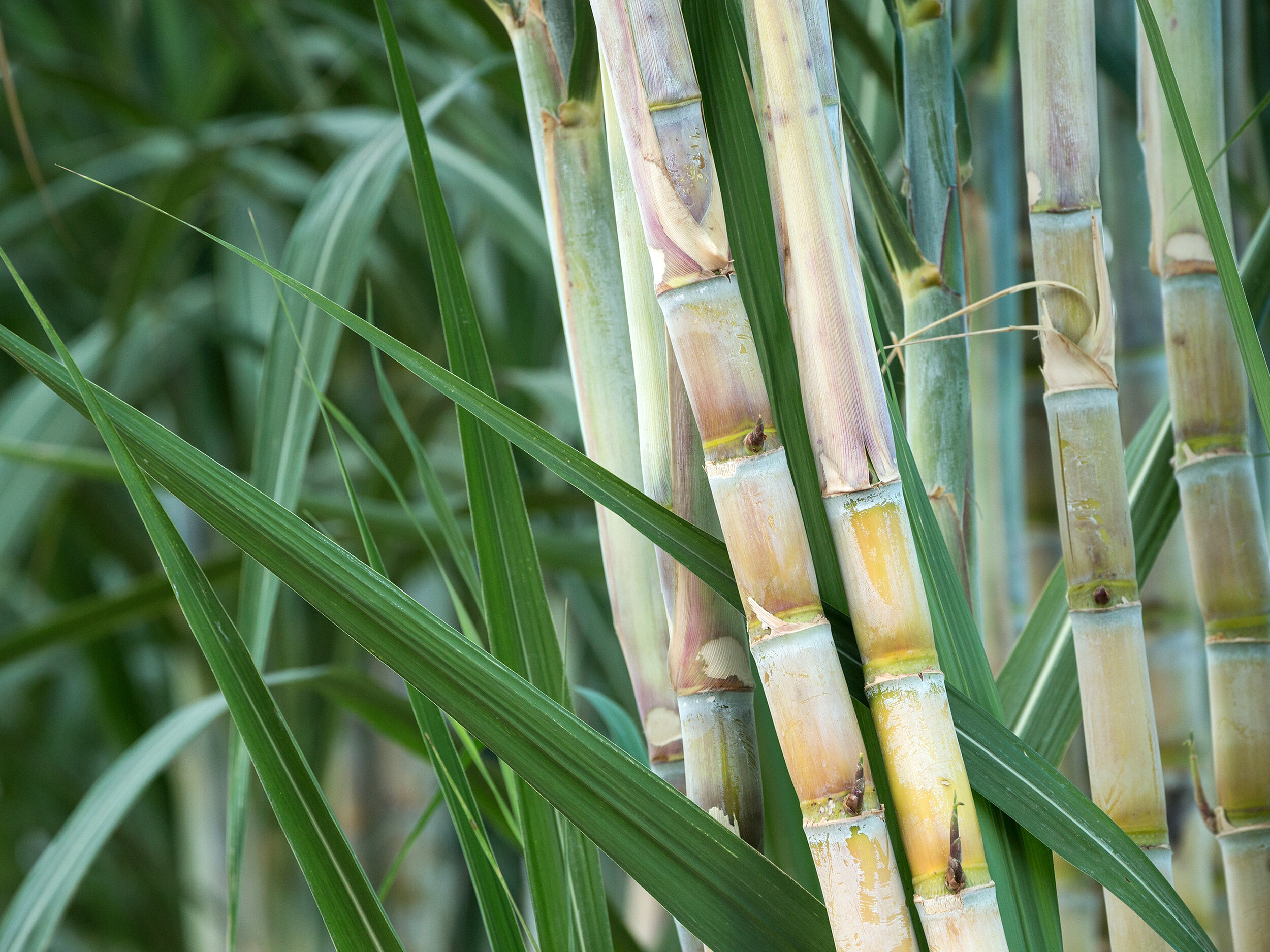Sugarcane Product: A Key Ingredient in Green Alternatives
Sugarcane Product: A Key Ingredient in Green Alternatives
Blog Article
Exploring Sugarcane Products: Versatile Benefits and uses
The exploration of sugarcane products exposes an impressive array of applications that prolong well beyond the familiar realm of sweeteners. As we examine the diverse contributions of sugarcane, one could question how these varied uses can reshape markets and lifestyles in a swiftly advancing globe.
Summary of Sugarcane
Although sugarcane is commonly connected primarily with sugar production, it is a functional crop with a rich background and many applications. Grown in subtropical and tropical areas, sugarcane grows in warm environments and well-drained dirts, adding considerably to lots of economies worldwide. This seasonal turf, coming from the category Saccharum, can grow to elevations of up to 4 meters, showcasing its robust nature.
Beyond its primary role in sugar extraction, sugarcane offers as a vital resource for various by-products. The coarse deposit, called bagasse, is used for generating bioenergy and as a resources for manufacturing paper and naturally degradable items. Furthermore, molasses, a byproduct of sugar refining, is abundant in nutrients and frequently used in animal feed and fermentation procedures.
Sugarcane additionally plays a considerable role in traditional medications and social practices in a number of areas, highlighting its relevance beyond industrial use (sugarcane product). With the enhancing emphasis on sustainable agricultural practices, sugarcane is being explored for its possibility in biofuels and carbon capture, positioning it as a crucial player in the change towards sustainable power resources. Hence, the versatility of sugarcane expands far past the confines of sugar production
Sugarcane in Food Products


Beyond sugar, sugarcane is the source of energy-rich items such as jaggery and panela, which are typical unrefined sugars utilized in several cultures. These items not only sweeten foods yet additionally impart unique tastes and nutritional advantages.
Sugarcane juice, a refreshing beverage enjoyed in several exotic areas, showcases the plant's versatility. It is commonly eaten fermented or fresh right into alcohols like rum.
In addition, sugarcane fibers, referred to as bagasse, are often utilized to produce food product packaging materials, highlighting the ecological benefits of sugarcane processing. Generally, sugarcane's payment to food is diverse, enhancing flavors, offering dietary value, and playing a significant function in culinary practices around the globe.
Industrial Applications of Sugarcane
In numerous sectors, the flexibility of sugarcane expands much past its culinary applications. Sugarcane works as a critical resources in the production of biofuels, specifically ethanol, which is progressively utilized as a renewable energy source. This biofuel is derived through fermentation and distillation processes, supplying a navigate here sustainable choice to nonrenewable fuel sources and contributing to a reduction in greenhouse gas emissions.

Furthermore, the sugarcane market has actually discovered applications in drugs, where its components are utilized in the formula of different medical items. The natural substances removed from sugarcane exhibit antioxidant and antimicrobial properties, enhancing the effectiveness of particular medicines.
Finally, sugarcane is indispensable to the manufacturing of a variety of chemicals, including glycerol and organic acids, which are crucial for numerous commercial processes. These applications highlight sugarcane's significant function in advertising commercial sustainability and development.
Ecological Advantages of Sugarcane
The complex applications of sugarcane not just improve industrial processes however likewise add significantly to environmental sustainability. As an eco-friendly source, sugarcane cultivation plays a crucial duty in carbon sequestration, soaking up substantial quantities of carbon dioxide from the environment. This process that site aids alleviate environment adjustment by reducing greenhouse gas concentrations.
Moreover, sugarcane byproducts, such as bagasse and molasses, provide environment-friendly choices to conventional materials. Bagasse, the coarse residue after juice removal, can be used as a biomass gas, decreasing reliance on fossil gas and promoting cleaner energy sources. Furthermore, molasses can be changed right into bioethanol, further supporting lasting energy campaigns.
Sugarcane farming additionally advertises biodiversity and soil wellness. Lasting farming methods, such as intercropping and crop rotation, enhance soil fertility and reduce erosion. The plant's deep root system help in water retention, consequently enhancing and supporting regional communities resilience against dry spell.
Health Advantages of Sugarcane
Rich in necessary nutrients and all-natural sugars, sugarcane provides countless health and wellness advantages that make it a valuable enhancement to a balanced diet regimen. Its high fiber web content aids in digestion, advertising intestine health and wellness and avoiding bowel irregularity. Furthermore, sugarcane gives anti-oxidants, which deal with oxidative stress and anxiety and may decrease the threat of persistent conditions.
Furthermore, sugarcane juice is understood for its hydrating properties, making it an outstanding beverage choice, specifically in hot environments. The all-natural sugars existing in sugarcane give a quick power increase, beneficial for athletes and those engaged in exercises. It likewise has crucial minerals and vitamins, such as vitamin C, potassium, magnesium, and calcium, which add to general health.
Studies recommend that sugarcane might assist manage blood sugar level degrees, making it a more effective sugar for people with diabetes mellitus when consumed in small amounts. Additionally, its anti-inflammatory buildings can support liver health and aid in cleansing.
Final Thought
In final thought, sugarcane arises as a very versatile crop with substantial contributions to numerous sectors. The by-products of sugarcane, such as bagasse and molasses, facilitate environmentally friendly techniques, while its health benefits enhance total wellness.
Although sugarcane is commonly associated largely with sugar manufacturing, it is a functional plant with a rich background and numerous applications.Past its primary role in sugar extraction, sugarcane offers as an important resource for various spin-offs. Largely recognized for producing sugar, sugarcane is changed into granulated sugar, brown sugar, and molasses, each serving distinctive culinary objectives.Rich in necessary nutrients and all-natural sugars, sugarcane uses numerous health and wellness benefits that make it a beneficial addition to a well balanced diet regimen. The natural sugars existing in sugarcane supply a fast energy boost, valuable for professional athletes and those engaged in physical tasks.
Report this page